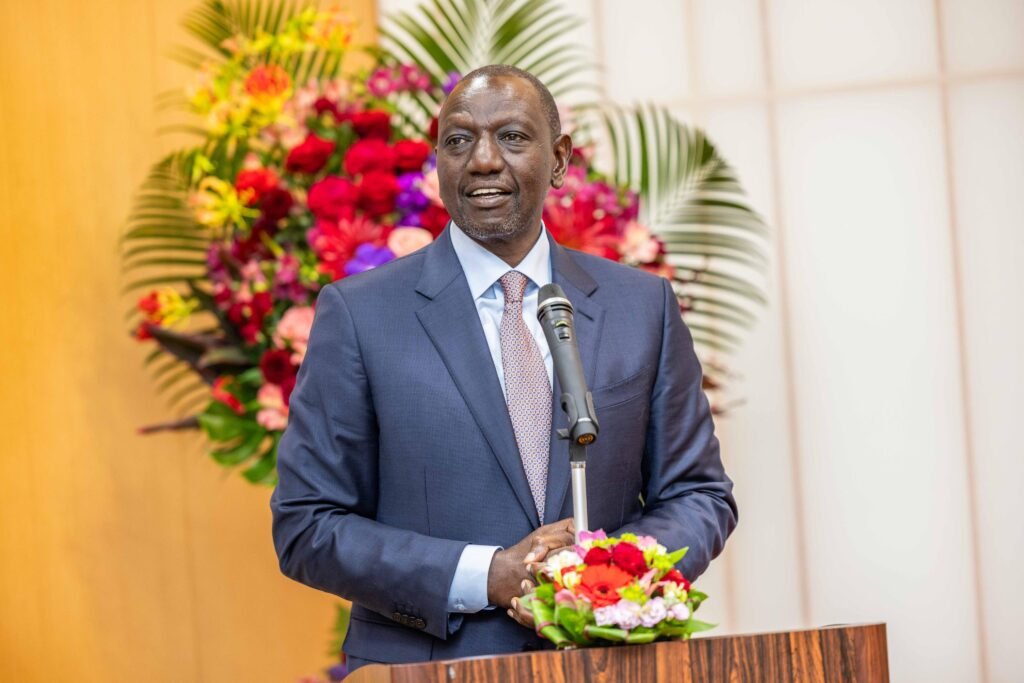President William Ruto has reiterated his commitment to the digitization of government services, particularly the payment of school fees through the e-citizen platform.
Addressing concerns over resistance to the plan, on Wednesday, February 7, Ruto emphasized the importance of digital payments in eliminating extra levies imposed by some schools.
Speaking during a meeting with the Kenyan diaspora in Tokyo, Japan, he backed digitization, citing its potential to curb abuse often associated with cash payments.
He expressed determination to halt the operation of personal paybills collecting government funds, consolidating them into a single paybill number.
Last week, the government mandated parents and guardians of learners in national schools to use the eCitizen platform for fee payments, aligning with efforts to streamline payment processes.
Despite calls from the Council of Governors to suspend the move, Ruto emphasized the need for proper structures and information dissemination.
The State Department for Migration and Citizen Service assured a phased implementation of the new payment system, beginning with national schools and extending to other levels in consultation with stakeholders.
The directive aims to enhance service delivery, with the eCitizen platform serving as a centralized hub for government transactions. Basic Education Principal Secretary Belio Kipsang instructed schools to submit bank account details to facilitate onboarding onto the platform.
While stakeholders welcome the move, there’s a call for organized implementation to avoid disruptions, particularly as schools have already resumed.
State Department for Migration and Citizen Service Principal Secretary Julius Bitok assured openness to discussions and inputs to support the directive’s objectives.



